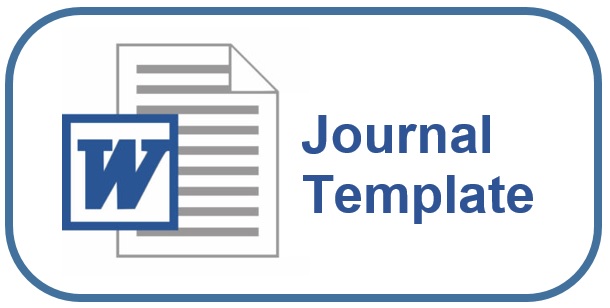Penerapan Siklus Akuntansi pada UMKM Bulir Padi Balikpapan
DOI:
https://doi.org/10.36277/abdimasuniversal.v6i2.469Keywords:
accounting cycle, financial management, MSMEAbstract
Micro, Small, and Medium Enterprises (MSMEs) play a crucial role in economic and social development. However, MSMEs face various challenges, including a lack of understanding of accounting and financial management. This community service initiative aims to empower MSMEs with the necessary knowledge and skills in accounting and financial management. Through this training, MSMEs can enhance their understanding of the importance of accounting in effectively managing their businesses. The activities are conducted in several stages, including needs analysis, material preparation, information dissemination, participant selection, pre-test implementation, training execution, and post-test implementation. The target of this community service program is the Bulir Padi MSMEs in South Balikpapan District. The results indicate that the training program has successfully increased participants' understanding significantly, which is expected to have a positive impact on the application of the accounting cycle in the daily operations of Bulir Padi MSMEs.
Downloads
References
Buchdadi, A. D., Sholeha, A., Ahmad, G. N., & Mukson. (2020). The Influence of Financial Literacy on Smes Performance Through Access To Finance and Financial Risk Attitude As Mediation Variables. Academy of Accounting and Financial Studies Journal, 24(5), 1–16.
Husin, P. A. (2021). Penggunaan Siklus Akuntansi Pada UMKM. Jurnal Ilmu Sosial, Manajemen, Akuntansi Dan Bisnis, 2(2), 51–55. https://doi.org/10.47747/jismab.v2i2.313.
Kaur, H., & Bansal, P. (2021). Assessing the Impact of Financial Literacy on Firm Sustainability: Mediating Role of Financial Access and Firm Growth. SEDME (Small Enterprises Development, Management & Extension Journal), 47(4), 299–313.
Kementerian KUKM. (2021). Perkembangan Data Usaha Mikro, Kecil, Menengah, dan Usaha Besar. Www.Depkop.Go.Id, 2000(1), 1. http://www.depkop.go.id/data-umkm.
Kulathunga, K. M. M. C. B., Ye, J., Sharma, S., & Weerathunga, P. R. (2020). How does technological and financial literacy influence SME performance: Mediating role of ERM practices. Information (Switzerland), 11(6). https://doi.org/10.3390/INFO11060297.
Muttalib, Abdul., Solatiyah, Baiq. (2020).Sosialisasi dan Pendampingan sistem Pencatatan akuntansi dasar pada UMKM di desa Mangkung. Jurnal Pengabdian kepada Masyarakat Nusantara (JPkMN), http://doi.org/10.55338/jpkmn.v4i4. 2054.
Nurohman, Y. A., Kusuma, M., & Narulitasari, D. (2021). Fin-Tech, Financial Inclusion, and Sustainability: a Quantitative Approach of Muslims SMEs. International Journal of Islamic Business Ethics, 6(1), 54. https://doi.org/10.30659/ijibe.6.1.54-67.
Sanistasya, P. A., Raharjo, K., & Iqbal, M. (2019). The Effect of Financial Literacy and Financial Inclusion on Small Enterprises Performance in East Kalimantan. Jurnal Economia, 15(1), 48–59. https://doi.org/10.21831/economia.v15i1.23192.
Suriyanti, I., Afsari, N., & Ayuni, R. (2023). Penerapan Akuntansi Pada UMKM Tenun Mak Ngah Kabupaten Bengkalis. Jurnal Locus Penelitian Dan Pengabdian, 2(4), 356–360. https://doi.org/10.58344/locus.v2i4.937.
Tobing, L., Sartika, D., & Nofranita, W. (2023). Penerapan Akuntansi Pada Usaha Mikro Kecil Dan Menengah (Umkm) Di Kecamatan Bukit Kecil Kota Palembang. Jurnal Menara Ekonomi : Penelitian Dan Kajian Ilmiah Bidang Ekonomi, 9(1), 47–58. https://doi.org/10.31869/me.v9i1.4723.
Ye, J., & Kulathunga, K. M. M. C. B. (2019). How does financial literacy promote sustainability in SMEs? A developing country perspective. Sustainability (Switzerland), 11(10), 1–21. https://doi.org/10.3390/su11102990.





















